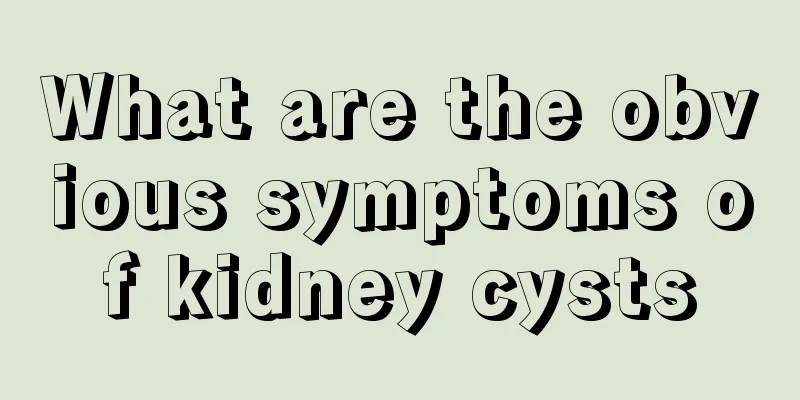Common complications after gastric cancer surgery

|
Gastrectomy is a commonly used surgical method for the treatment of gastric cancer. The most commonly used surgical methods in clinical practice are proximal and distal subtotal gastrectomy, total gastrectomy and lymph node dissection. Both surgical methods will cause varying degrees of damage to gastric function and may cause a series of complications after surgery. Poor appetite and malabsorption Since most of the patient's stomach is removed, the stomach capacity is significantly reduced, and the food stays in the stomach for too short a time, entering the small intestine without sufficient initial digestion, which increases the digestive burden of the small intestine and affects the complete digestion and absorption of food. At the same time, the reduction in stomach capacity also causes the patient to feel full as soon as he eats, which further affects the appetite and absorption of nutrients. Due to poor absorption, a series of related complications such as anemia and vitamin deficiency may also occur. Anastomotic Leak Anastomotic leakage is a serious complication after gastric cancer surgery, which is mostly caused by tissue edema, malnutrition, and poor anastomosis technology. Generally, leakage within 3 days after surgery is often caused by surgical techniques, while leakage within 7 to 9 days is mostly caused by other comprehensive factors. In recent years, with the improvement of surgical skills and the application of staplers, the incidence of anastomotic leakage has decreased. Gastroparesis Gastroparesis is a common complication after gastrectomy. It is a gastric motility disorder syndrome with gastric emptying disorder as the main sign caused by non-mechanical obstructive factors secondary to surgery. It is also related to vagus nerve severance and changes in gastric tension. Patients may also experience abdominal distension, chest tightness, and upper abdominal discomfort, which may last for more than ten days or about two months. If the color of gastric juice changes or the amount decreases, it is a sign of recovery. When the condition really improves, the patient may feel a sudden emptying of the stomach, the amount of gastric juice drained is significantly reduced, and he can slowly eat normally. |
<<: What are some of the misunderstandings in brain cancer diagnosis
>>: Medication Guide for Stage 3 Cancer Pain in Lymphoma Patients
Recommend
What are the symptoms of obsessive-compulsive disorder?
Modern people enjoy a highly developed material l...
What does chest X-ray mean
Chest X-ray is a chest X-ray examination, which i...
What to eat for vitreous opacity in the eyes? It turns out that these foods are the best
As we all know, there are many dietary taboos for...
What kind of people are suitable for whey protein powder
Nowadays, more and more friends pay more attentio...
What material is best for a frying pan?
Stir-frying is a very common eating activity in li...
Are cerebral hemorrhage and brain stem hemorrhage the same?
Many people are very concerned about some changes...
Chinese herbal medicine for treating high blood sugar
There are three main problems faced by modern mid...
What is Job's tears? Is Job's tears a coarse grain?
Job's tears are very common in people's l...
How long does it take to get contact lenses?
The emergence of contact lenses is a good choice ...
What are the symptoms of prostate cancer?
The clinical manifestations of prostate cancer va...
The cause of esophageal cancer often manifests as a family clustering phenomenon
Due to the particularity of esophageal cancer, ma...
What diseases does endodontics treat?
In the past, people would usually go to the denti...
What are the common factors that lead to liver tumors?
Many factors in life can cause liver tumors. We s...
What are the symptoms of primary liver cancer
In recent years, liver cancer has become one of t...
What causes spots in the eyes?
If you have spots in your eyes, you should pay at...









